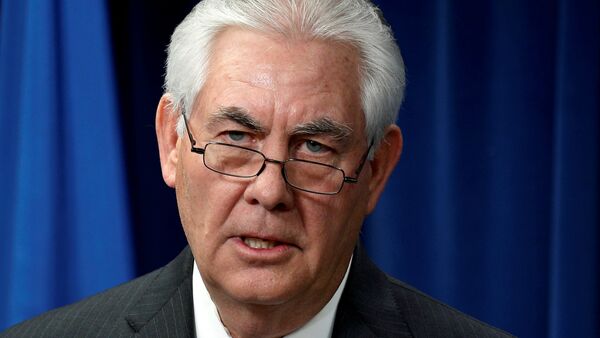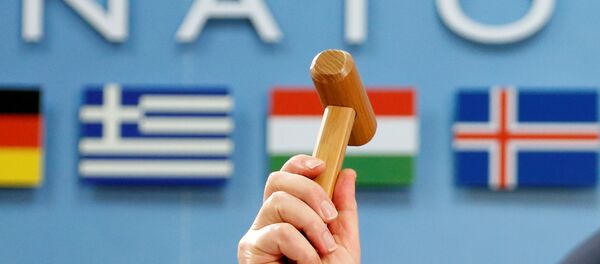It has also been announced that Tillerson is set to travel to Russia late April for talks in Moscow, in a sign seen by many as deprioritizing the US's NATO allies, further compounding the difficult relationship between NATO and US President Donald Trump, who famously described the military alliance as "obsolete."
"I think it's a most unfortunate signal. I would blame it on schedulers. I do think that is part of the problem. He will have met with a lot of ministers in other venues, but given the discussion that's going on about NATO, I think it's an unfortunate scheduling problem," Albright told the House Armed Services Committee, March 22.
WATCH LIVE: HASC Hearing on "America's Role in the World" w/ @MacTXPress https://t.co/DZS16v3fjD
— Armed Services (@HASCRepublicans) 21 March 2017
Skipping the NATO meeting and visiting Moscow could risk feeding a perception that Trump may be putting US dealings with big powers first, while leaving waiting those smaller nations that depend on Washington for security, two former US officials told Reuters.
'Pay Up'
Trump told troops of US Central Command and US Special Operations Command that other NATO member states should step up to the plate and commit to spending two percent on GDP on defense, as agreed at the 2014 NATO summit in Wales.
"We strongly support NATO; we only ask that all of the NATO members make their full and proper contributions to the NATO alliance, which many of them have not been doing — many of them have not been even close," Trump said.
However, despite the US Secretary of State not appearing at the April summit — despite being its most powerful member — it has been announced that Trump himself will attend the May summit and that Tillerson's deputy will attend in April.
"The United States remains 100 percent committed to NATO. President Trump said this in his very first address to a joint session of Congress. He said our commitment to NATO is unwavering and it remains so," acting State Department spokesman Mark Toner said March 22.




